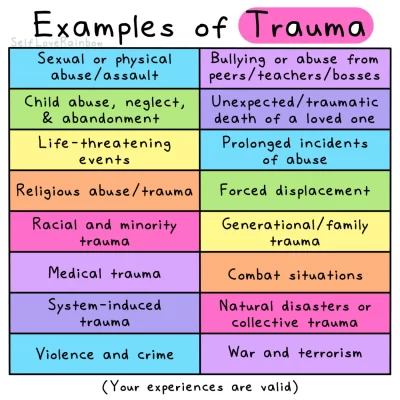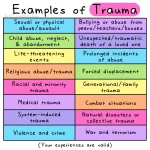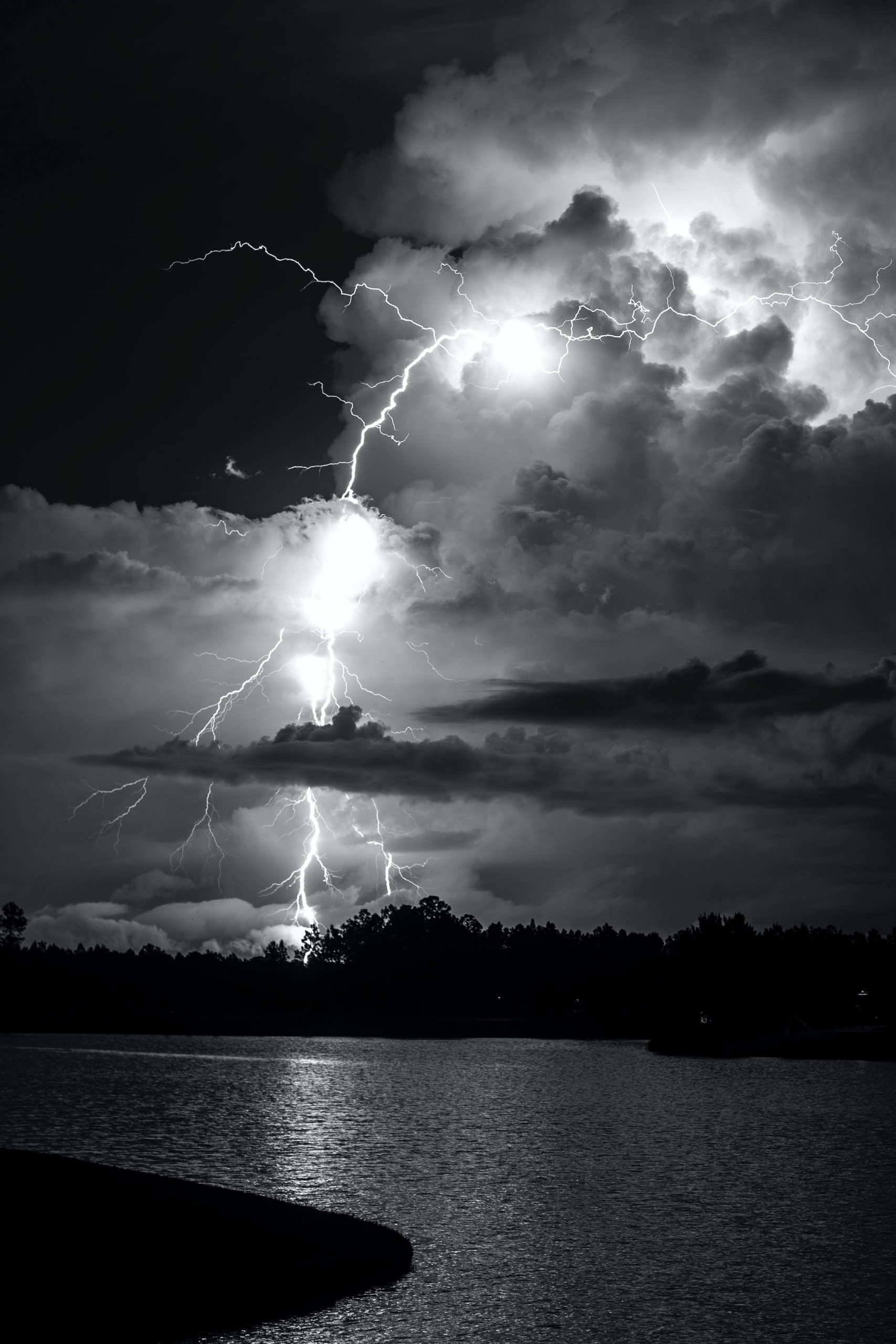I will develop the capacity for self-awareness, experiencing tension between freedom and responsibility.
Having personal freedoms means that I am responsible for choosing to cope with the things that fill me with anxiety and which overwhelms me.
That freedom also means that I am responsible for maintaining my connection to the world as a unique human being, whose job it is to make sense of the sensless things we experience.
Covid makes me chose to use my personal freedom to make decisions about self-quarantine, wearing a mask, practicing social distancing, and being mindful of and caring for those around me.
I commit to social distancing, personal sanitation and mask wearing when appropriate and necessary.
I choose to search for the meaning, purpose and values of a life confronted with Covid
Covid has forced us to experience a loss of the familiar and the predictable routines that we have engaged in automatically without questioning their value.
The reality of Covid provides me with an opporutnity to question and replace old ineffective routines and beliefs with new routines that contribute to my own safety and to the safety of those around me.
This act of questioning these routines may lead to me to modify or eliminate the old familiar and comfortable ways of responding to crisis. I will commit to seeing this as an opportunity for change and welcome that change as being necessary for my growth growth as a responsible and free human.
I will create an identity and establish meaningful relationships.
The loss of control I experience from Covid threatens my very identity and the existence of those I care about. I am frightened and angry at this loss of control.
My anger and my fears are evidence that I am still alive and that I have not given up my identity or accepted defeat at the hands of the Covid bully!
I accept anxiety as a condition of living.
I acknowledge that my experience of anxiety means that Covid and all of the changes that it has brought makes me anxious.
Anxiety makes me feel confused and robbed of my safe zone. I recognize that to be born is to be anxious and that to live, is to be constantly faced with anxiety.
I acknowledge that anxiety began with the first breath I had as a new life, outside the comfort zone of the womb when someone slapped my bottom and recognize that without the constant slaps of life there would only be the absence if human creativity and personal meaninglessness
I acknowledg the reality of death and non-being and face that reality every second by waking second.
Awareness of Death means that I recognize that Covid 19 is just one way of dying which I must acknowledge as a real possibility.
I have always know, in a remote sense, that death was inevitable. Covid unapolagetically brings the reality of death front and center to my life.
I simply acknowledge that although death is all of our personal fates, I will live life fully, until Covid or something else eventually takes my life.
There are several more additional stresses that have resulted from the Pandemic.
The Major Stressors from Covid 19
These stresses include distortions in time perception, limited movement and access to services, changes in mental, physical and spiritual energy, financial uncertainty, feelings of hopelessness about the future, spiritual doubts, social isolation and the lack of physical contact.
Let me discuss how we can face these issues with an existential perspective about them.
Time Distortions that are a result of changed personal schedules, family schedules, sleep patterns are a challenge to reorient myself in time.
I make the existential decision to establish a new schedule. I commit to being a structured person, who does not waste the gift of life’s limited time.
Covid means restrained movement and confinement that makes me feel robbed of my freedom.
The existential choice I make is that I will commit to challenging my natural beliefs about forced limits and confinement. I turn this situation around and make the confinement and limits of movements from Covid MY CHOICE.
Energy depletion means that Covid depletes me mentally with worry, physically with the inability to exercise, and spiritually by isolating me from my faith support groups.
In response I make the existential decision that I will dedicate myself to building alternative, new practices that give me physical, mental and spiritual energy.
Financial uncertainty means that Covid has magnified the thoughts around not having enough money to provide for myself and my family. I fear death, hunger, loss of my home, and loss of my job and becoming unsafe in the world.
I existentially commit to making a thorough and detailed assessment of my income, debts and spending habits. I unashamedly reach out to others and share my worry about finances and possible joblessness.
I listen intently as others share their own financial fears. I see no shame in asking for help. I have made the choice to survive and after I survive, I will pay my gains from survival forward when the opportunity comes.
Covid has led to massive feeling of hopelessness and a lack of vision for a safe future. Covid has caused me to lose hope in tomorrow. I recognize that a virus is not an intentional being that personally chooses only me to destroy.
I understand that unlike the inhuman Covid virus, I am an intentional being and that hopefulness is a choice that is up to me, independent of my circumstance. I am obligated to live fully in any circumstance.
Spirituality in doubt as I hear no answers to my prayers makes me question the love and concern of God. I am existentially free to ask questions and demand answers, knowing that God answers prayers in his own time and in his own way.
I am free to question why my God or my Higher Power would guide my life during this pandemic.
I accept that one of the consequences of questioning my faith includes the decision to be more faithful or walking away from my faith. My existential choice to walk away is made with the understanding that I am free to re-engage my faith at any time.
Covid has introduced confusion and a lack of trust in social structures including government, healthcare, policing, and financial institutions.
The apparent fragility of our system of education and mass communications is overwhelming. However I make the existential decision to understand that I am not alone in my confusion. I commit to finding inner peace in the midst of the confusion and lack of trust I may experience in governmental authority.
Finally, the lack of dependable, safe physical touch and the social isolation means I feel that Covid has forced a separation between myself and those people and pets that I love being in contact with.
I see others suffering from lack of physical contact and love and as a result I freely acknowledge that suffering is part of what all humans are confronted with.
I commit to using all other means to re-experience, through memory, those indestructible feelings. I existentially commit to writing letters, video chat, listening to songs and music that were shared together, enjoying favorite meals that were prepared together.
I hope that you now understand what existential powers you have with regard to your free will and the god-like powers you possess to survive the challenge of Covid and all future variants.
Read more









